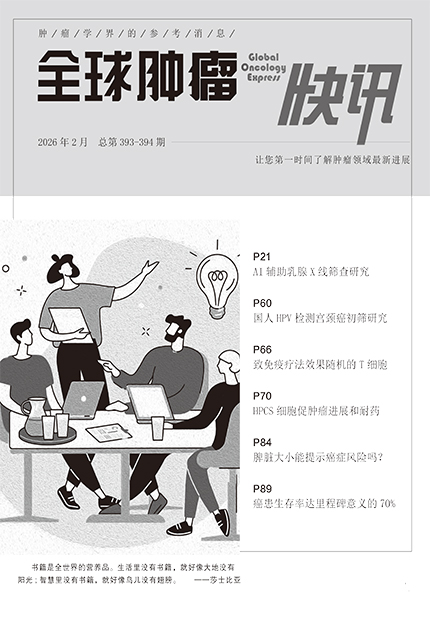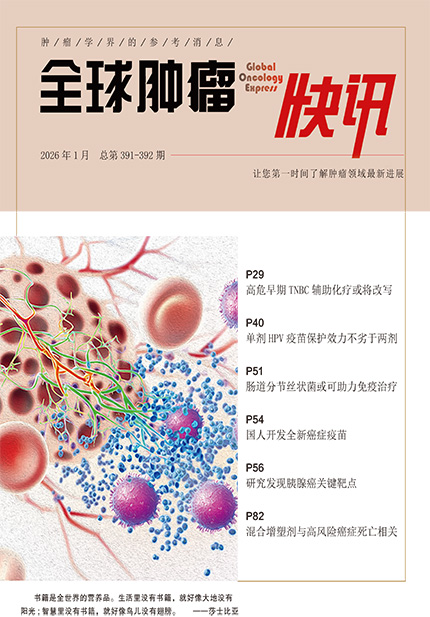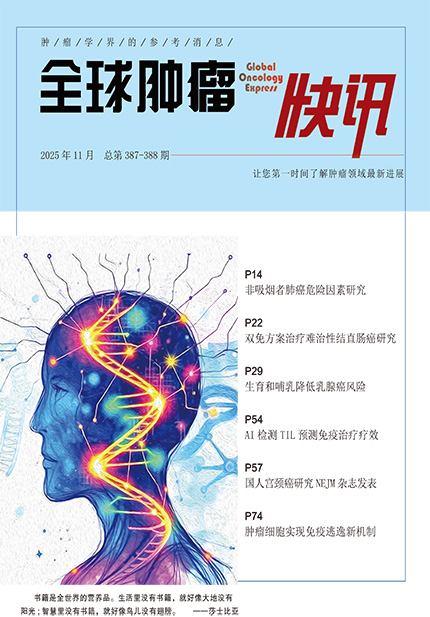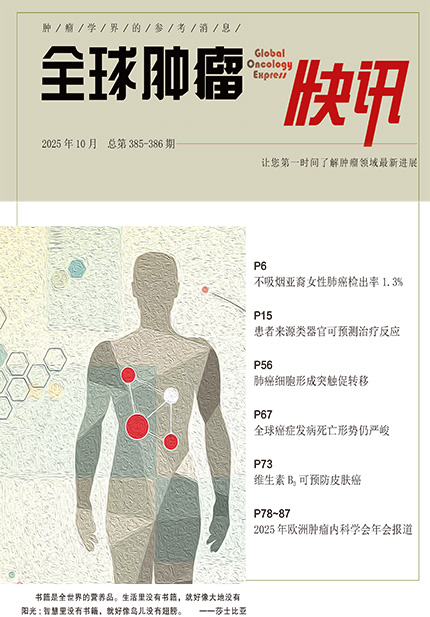Beijing Cancer Hospital
Medical Service:
Beijing Cancer Hospital is one of the famous large special hospitals in the field of cancer research and treatment in China. It has 790 hospital beds, 26 clinical departments and 13 medical technological departments.
For the past many years, our hospital has been engaged in the diagnosis and treatment of various tumors, such as breast cancer, lung cancer, colorectal cancer, liver cancer, gastric cancer, esophageal carcinoma, malignant lymphoma, gynecological cancer, tumor of head and neck, tumor of urological system, bone tumor and melanoma. The hospital advocates the cooperation of multiple disciplines, integrate medical sources of all departments, and has established different cooperation groups for mono-disease including breast cancer, gastric cancer, lymphoma, and liver cancer, providing normalized and individualized combined treatment for the patients.
The hospital is a member of the national base for clinical pharmacology. From 2000 to 2007, our hospital has completed 76 clinical trials, of which 52 belonged to domestic clinical trials, 10 belonged to international multi-center clinical trials, and 14 belonged to clinical trials for medical equipment. There are 35 on-going programs of domestic clinical trials, 11 international multi-center clinical trials, and 4 clinical trials for medical equipment.
The breast cancer patients treated with conservative surgery in the Breast Cancer Center of the hospital have reached 51%. The Department of Gastrointestinal Surgery has developed multimodality therapy for gastric cancer and neo-adjunctive radiochemical therapy for rectal cancer. The Department of Hepatic, Biliary & Pancreatic Surgery has performed various kinds of hepatic and pancreatic operations with high difficulty, and advocated the multimodality therapy for liver metastasis of colon carcinoma. The Department of Thoracic Surgery has developed bisaxillary lymphnode dissection for carcinoma of gastric cardia, high level cervical excision of esophageal carcinoma, complex surgery of lung cancer such as plasty of pulmonary artery, and chest minimally invasive surgery. The Department of Respiratery Oncology has established the normalized chemotherapy regimens for lung cancer of advanced stage, making that the median survival and yearly survival rate of NSCLC and SCLC reach or approach the international level, respectively. The Department of Gastrointestinal Oncology has been engaged in promoting the normalized chemotherapy for gastric cancer and colorectal cancer. The Department of lymphoma & Hematologic Oncology has been walking in the front row in China in the field of diagnosis and treatment of malignant lymphoma. The Department of Renal Cancer & Melanoma has treated patients by bio-immunotherapy, and makes a remarkable achievement. The Department of Radiotherapy has treated malignant tumors by dynamic intensity modulated radiation therapy (DIMRT), concomitant chemo-radiotherapy, clinical application of radiosensitizer, and gene therapy combined with radiotherapy and hyperthermia therapy. The Department of Integrated Traditional Chinese and Western Medicine has alleviated the pain of patients maximally under the premise of effective control of tumor, and established the agreement prescriptions to relieve side effects of chemotherapy. The PACS/RIS system in the Department of Medical Imaging has developed studies on diagnosis, staging, evaluation and prediction of efficacy by combination of various kinds of imaging methods. The Department of Ultrasound has developed ultrasound-guided radiofrequency ablation to treat liver cancer, increasing the diagnosis rate and differential diagnosis rate. The hospice is one of the service agencies for cancer patients established in 20 key hospitals national wide by “The Li Ka Shing Foundation National Hospice Service Programme”, which provides free drop-in medical services and analgesic drugs for patients with advanced cancer to improve their quality of life.
Medical Teaching
Peking University School of Oncology is a national key subject on oncology, with a teacher team of reasonable knowledge and age structure. There are 45 professors, 71 associated professors, 112 with doctoral degree, and 101 with master’s degree. The school has 7 specialized teaching and researching divisions. There are 21 doctoral supervisors and 28 master supervisors. Furthermore, the school has invited several top experts from America, French and Japan to hold the post of visiting professor in related subjects perennially.
Peking University School of Oncology has established a medical teaching system with multi-strata and multi-orbit, including postgraduate education, education after graduation and continuing medical education. The school is the awarding station for doctoral degree and postdoctoral station of oncology. It assumes the responsibility in cultivation of postgraduates from 9 majors, including oncology, biochemistry and molecular biology, cellular biology, imaging medicine and nuclear medicine, epidemiology and health statistics, integrated traditional Chinese and western medicine, surgery, obstetrics and gynecology, appleid psychology, and the graduate stage of 8-year bachelor-master-doctor continuous study. Up to 2007, the school has cultivated 394 post-graduate, including 151 with doctoral degree and 243 with master’s degree. There are 14 out-station post-doctoral researchers. In addition, the school enrolls students and post-graduates coming from abroad each year.
The school and hospital have been developing international and domestic communication and cooperation actively. It has established long-term cooperation with many famous domestic and international medical schools, including Duke University in the USA and Louis Pasteur University in France, and famous research institutes, such as NCI, MD. ANDERSON, and MSKCC in USA. It also has send out several scholars in related subjects each year to participate in academic communication. Many doctors have been sent abroad each year for advanced study with the foundation of “Climbing Plan” established by the school. The school is responsible for more than 10 national-level or city-level continuing medical education programs and hold academic visit, advanced study, and academic communication of averagely 800 person-times per year.
Scientific research
The institute was founded in 1976, including 7 laboratories for basic research composed of more than 80 scientists and technicians with high quality, a ministerial key laboratory, and a field study base for high incidence of gastric cancer that with a history of 30 years.
Since its foundation, the school (institute) has been performed and responsible for more than 120 national projects, including National Key Science and Technology Projects, the State 863 High-Technology R&D Project of China, the Major State 973 Basic Research Program of China, and the National Natrnal Science Faundation of China, more than 160 provincial or ministerial science projects, and 10 international cooperative programs. In addition, the institute has been cooperated with NCI of America on epidemiological study of gastric cancer since 1985. It has received about RMB 1,000,0000 yuan yearly as fund for scientific research in the recent five years. During 30 years from the foundation of the institute, It has received 5 national-level achievement awards, 103 ministerial or provincial-level awards, and 14 patents. The scientists and doctors of the institute have published more than 2500 papers in foreign and domestic journals specialized in biomedicine, including 280 SCI papers, and 22 papers with influence factor(IF) higher than 5 since 2001.
The school (institute) focuses on three research directions, including prevention of cancer, molecular mechanisms of the carcinogenesis and development of tumor, and increasing the efficacy of individualized combined treatment of common tumors. It has obtained a series of progress, such as, “Multiple factor randomized chemical intervention study on gastric cancer” directed by prof. You Weicheng, which is a double-blind, randomized, and controlled intervention study on gastric cancer and precancerous changes with the biggest sample size in world and a duration as long as 7.5 years. It is shown that by the strict population control study, clearance of helicobacterpylori (Hp) can significantly decrease the incidence of precancerous changes and gastric cancer, which is of great directive significance to the prevention of gastric cancer (JNCI, IF=15.171). The study of “improving the efficacy of ultrasonic guided radiofrequency ablation on liver cancer” directed by prof. Chen Minhua has increased the efficacy of radiofrequency ablation on large liver cancer and multiple liver cancer and improved survival time and quality of life by establishing mathematic model and combining of other subjects for the first time internationally (The study has been widely approved by domestic and foreign peers, and has been invited to report for 4 times on international meetings). The breast-conserving rate of treatment for breast cancer further increased from 24% in 2001 to 51% in 2006 (the domestic level is 5%). The preoperation neoadjuvant chemotherapy and individualized normalized treatment for gastric cancer has increased the resectable rate of gastric cancer with mediate and advanced stage. Now available two-year survival rate has been increased from 60% to 75%. The practice of normalized total mesorectal excision has decreased partial recurrence rate of rectal cancer from 12% to 6%. Preoperation radiotherapy has decreased the pathological staging of rectal cancer, and increased the anus-conserving rate from 50% to more than 70%. The treatment level of other tumors (such as lung cancer, malignant lymphoma, renal carcinoma, and melanoma) is also in the front row in China. Furthermore, it has performed in-depth studies on molecular pathology, gene polymorphism, gene array, and gene phenotype of tumors, and combined basic and clinical study on tumor antibody.













